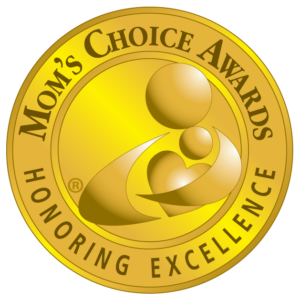
Published on:
Training is one of the main responsibilities of managing a direct care workforce. Whether you specialize in senior living, home care, hospice, or skilled nursing, there must be a continual focus on training your staff. Ongoing training not only enables your caregivers to maintain their certifications; it also produces higher quality care and tends to increase employee job satisfaction. Because this is so important, I’d like to offer seven principles that will help you improve your training of direct care staff.
1. Maintain an ongoing training program. There’s more to caregiver training than state-required certifications and new hire orientation. Build an internal training program within your organization that permits your direct care staff to progressively build upon previously acquired knowledge.
2. Require all direct care staff to participate. By requiring all direct care staff, regardless of tenure, to participate in your training program, you are ensuring that all workers are “up on the latest and greatest” information. You’re also establishing a learning-oriented culture within your organization.
3. Provide training that sharpens caregiving skills. While there are a variety of skills required in caregiving, it’s vitally important to recognize that skills can reviewed and refined through exams, use of new equipment, hands-on practice, or discussions of emerging patient needs.
4. Make training convenient and accessible. Ensure that your direct care workforce is able to easily access your training programs. Online training can satisfy many accessibility requirements because your staff will be able to receive instruction when it’s convenient to each individual. At the same time, note #5…
5. Include in-person group training opportunities. While online training is convenient and accessible, it also lacks the learning synergies that occur within a group setting. When your direct care aides come together for the purposes of training, they have the opportunity to ask questions, learn from one another, and interact positively with your organization’s training organizers and managers.
6. Invite experts from your local community to provide specialized training sessions. When you invite local experts to deliver specialized training to your direct care staff, you’re demonstrating your commitment to improving the quality of care provided by your organization. The expert you invite will be impressed by this commitment and will also appreciate the honor you’ve granted by asking them to present to your staff.
7. Use training sessions to publicly recognize and reward outstanding direct care workers. When your caregivers are gathered for training, it’s a great opportunity to acknowledge the accomplishments of your team. Don’t underestimate the power to reach the minds and hearts of your direct care staff with meaningful public recognition. As you sincerely and repeatedly recognize the efforts of your direct care workers, you celebrate the individual and communicate to all what matters most in your organization—which will strengthen your organizational culture.
The last point is what prompted me to establish the Caregiving Kinetics Hand & Heart Award. As I speak to organizations across the country, I love working with managers to bring this special, surprise form of recognition to deserving direct care staff members. Each recipient of the Caregiving Kinetics Hand & Heart Award joins a list of distinguished professionals who provide exceptional compassionate care.
In examining the seven principles for training your direct care workforce, I hope that you’re able to see that training can be viewed as both a business necessity as well as a workforce management strategy. Managers who adopt a strategic approach to training over time are more likely to observe better employee engagement—including higher job satisfaction ratings from more committed workers.
—————————————————————————————————————————————
If you’d like to speak with Dr. Blight about direct care workforce training packages, or if you want to bring the Caregiving Kinetics Hand & Heart Award to your team, please let us know.
Posted in Organizational Caregiving, Organizational Development





